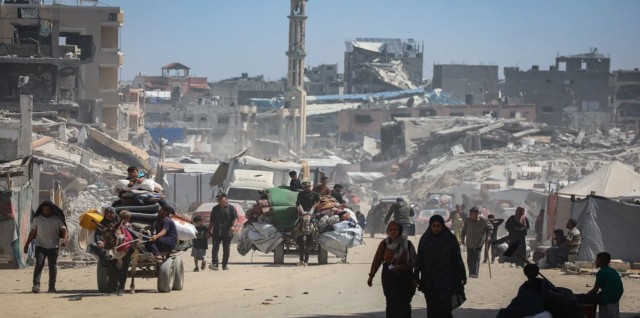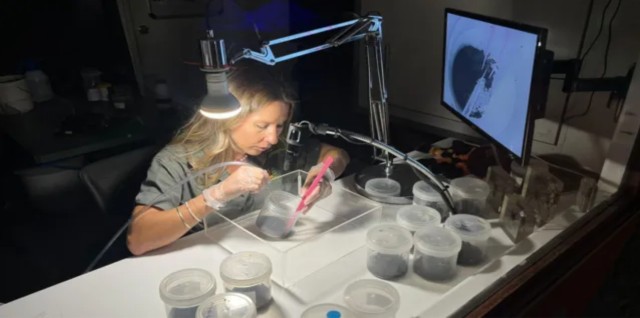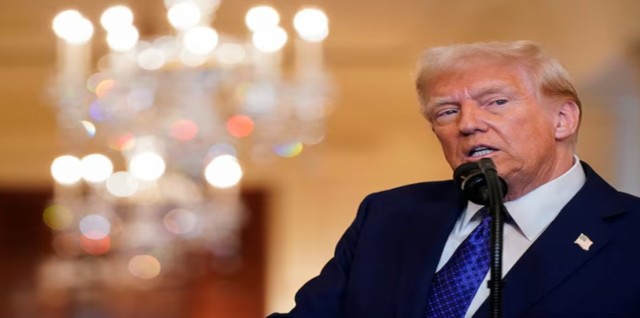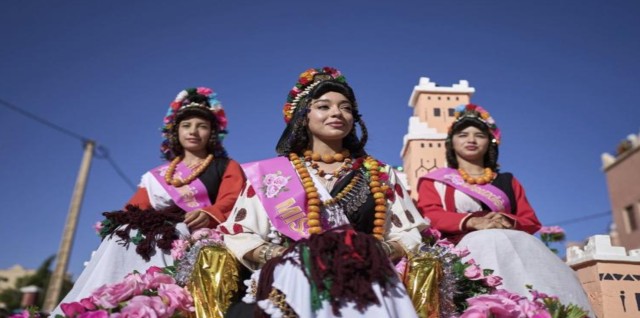
Evan Gershkovich and Paul Whelan are freed in a prisoner exchange. CNN
On Thursday, a landmark prisoner exchange between the United States and Russia took place, marking one of the largest swaps in recent history. The deal resulted in the release of two dozen detainees, including former U.S. Marine Paul Whelan and Wall Street Journal reporter Evan Gershkovich, as part of a complex negotiation involving at least seven countries.
The swap was the culmination of years of intricate negotiations involving the U.S., Russia, Belarus, and Germany. Germany played a crucial role by agreeing to release Vadim Krasikov, a Russian assassin convicted in Berlin. In total, eight individuals, including Krasikov, were sent back to Russia, while 16 people held in Russian detention, including four Americans, were freed.
Along with Whelan and Gershkovich, the exchange included high-profile figures such as Vladimir Kara-Murza, a prominent critic of Russian President Vladimir Putin, and Alsu Kurmasheva, a Russian-American journalist. Their release was celebrated as a major diplomatic victory.
Russian opposition activist Vladimir Kara-Murza makes a gesture while standing in a glass enclosure as the Moscow City Court announces the verdict on his appeal on July 31, 2023. AP Photo
National Security Adviser Jake Sullivan highlighted the unprecedented nature of the swap. “Not since the Cold War has there been a similar number of individuals exchanged in this way,” he said. “This is the first time so many countries have been involved in a single exchange.”
Secretary of State Antony Blinken confirmed that by midday, Whelan, Gershkovich, and Kurmasheva were on their way back to the U.S. President Joe Biden praised the deal as a “feat of diplomacy,” acknowledging the “unimaginable suffering” endured by those released. “Today, their agony is over,” Biden said.
President Joe Biden addresses the press while surrounded by the families of the prisoners who were recently released. AP Photo
The President also emphasized the role of international cooperation in making the deal possible. “Anyone who questions if allies matter: They do,” he asserted.
The release was especially poignant for the families involved. At the White House, Biden was joined by the families of the released detainees, including Kurmasheva’s daughter Miriam Butorin, who was celebrating her 13th birthday. In a heartwarming moment, Biden led a “Happy Birthday” song for her.
Planes are lined up on the runway at Ankara Esenboga Airport after a significant prisoner exchange between the US and Russia, arranged with Turkey's help, on August 1, 2024. Getty Images
Back at The Wall Street Journal, staff celebrated the release of their colleague Evan Gershkovich. Editor-in-Chief Emma Tucker described the day as “historic” and praised Gershkovich’s bravery throughout his ordeal.
The negotiations were fraught with difficulty, especially due to the ongoing conflict in Ukraine and strained U.S.-Russia relations. Initially aimed at securing Whelan’s release, the talks grew more complex with Gershkovich’s and Kurmasheva’s detentions. Sullivan noted that including Krasikov in the deal required extensive diplomacy, particularly with Germany, where Krasikov was in custody.
Krasikov, convicted in 2021 for the 2019 murder of a former Chechen fighter in Berlin, was a highly contentious figure. The case against him was linked to Russian state interests and led to significant diplomatic tension.
The swap also involved the release of several high-profile Russian dissidents, including Ilya Yashin and Oleg Orlov, along with a number of individuals from Alexey Navalny’s anti-corruption foundation. These individuals were swapped for Krasikov and other prisoners, reflecting the gravity of his crimes and his high-profile status.
German involvement was pivotal, and discussions began in earnest with the German government after Biden’s meeting with Chancellor Olaf Scholz. The deal took shape over months, with both sides making significant concessions to finalize the exchange.
While the swap marked a significant diplomatic achievement, not all Americans in similar situations were included. Marc Fogel, serving a 14-year sentence in Russia, and other detainees like Ksenia Karelina, were not part of the agreement. Similarly, many Russians imprisoned on politically motivated charges remain behind bars.















